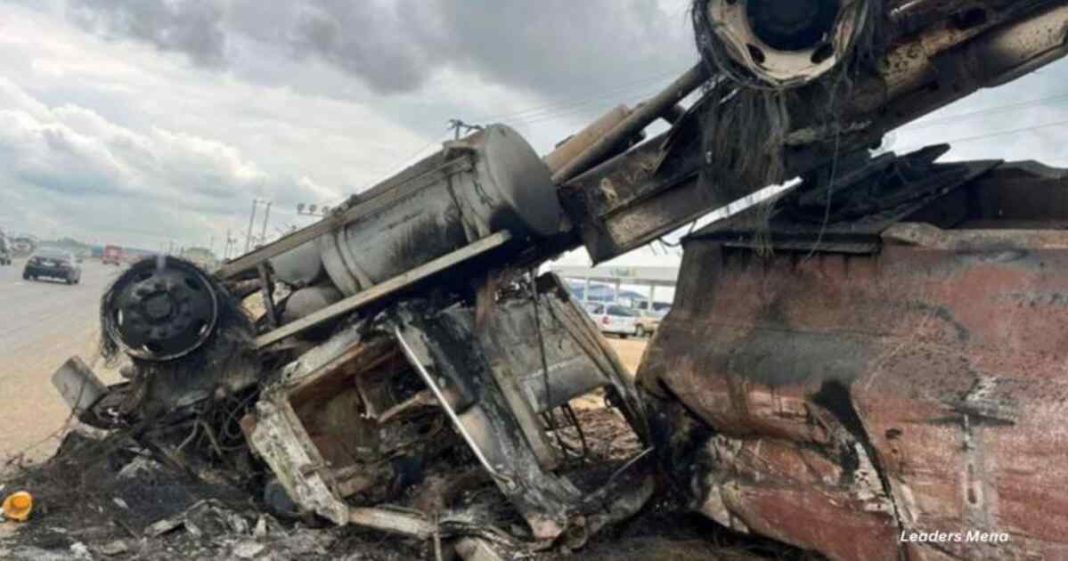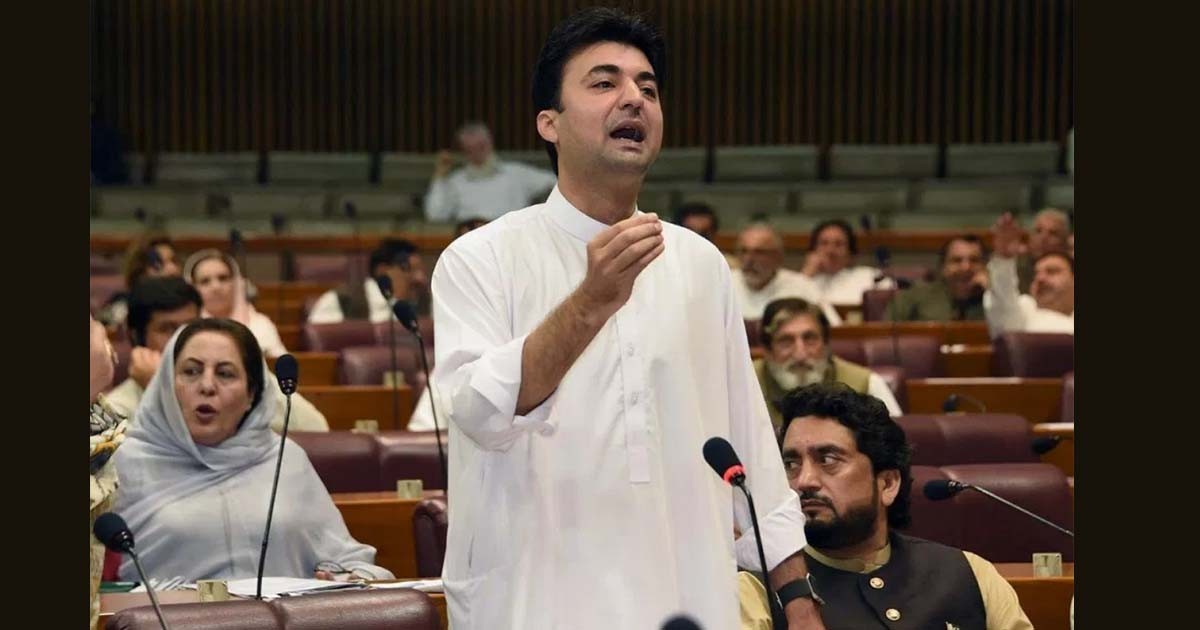An explosion in northern Nigeria killed at least 147 people when a fuel tanker crashed and overturned in the town of Majiya, Jigawa state, late on Tuesday, October 16th. The accident occurred after the tanker veered off course to avoid another vehicle. Following the crash, hundreds of local residents rushed to collect the leaking fuel—a precious commodity in the economically struggling country—when the vehicle exploded.
Crowds Overwhelm Police Before Explosion
Witnesses reported that crowds gathered around the overturned tanker almost immediately, attempting to scoop up the spilling fuel with buckets and cups. Despite warnings from police officers at the scene, who tried to disperse the crowds, the sheer number of people overwhelmed their efforts.
Read More: Saudi Iranian rivalry polarizes Nigerian Muslims – Dr James M Dorsey
According to police spokesperson Lawan Shiisu Adam, the driver of the fuel tanker lost control while trying to avoid colliding with another vehicle on the Kano-Hadejia expressway. The tanker overturned, spilling its flammable contents. Eyewitnesses, such as 21-year-old student Sanusi Lawan, recalled hearing “shouts of joy” as people rushed to collect fuel, a precious commodity that has become increasingly expensive in Nigeria.
Tragically, moments later, a massive explosion rocked the area. Lawan, who narrowly avoided becoming a victim thanks to his brother’s advice to stay home, described the horrific scene: “People were running while on fire and shouting for help. Had I not listened to my brother, I would have been among the dead.”
Mass Graves and Emergency Response
Emergency services quickly responded, with local authorities confirming the death toll at 147. Hambali Zarga, the local government chairman, noted that dozens of victims were burnt beyond recognition, and the majority were buried in a mass grave near the crash site. He warned that the death toll could still rise, as more bodies had been buried elsewhere, and around 140 injured individuals were receiving treatment in nearby hospitals.
The Nigerian Medical Association has called on doctors to assist in local hospitals as they grapple with the influx of burn victims. In Abuja, the Nigerian Senate held a minute of silence to honor the victims of the disaster.
Nigeria’s Economic Struggles Fuel Desperation
This incident is the latest in a series of deadly fuel tanker explosions in Nigeria, where road accidents involving fuel transportation are common. Poorly maintained roads, reckless driving, and aging vehicles contribute to frequent crashes, with Nigeria’s Federal Road Safety Commission (FRSC) recording over 1,500 fuel tanker accidents in 2020 alone.
Fuel tanker explosions often lead to mass casualties, as poverty-stricken residents, desperate for fuel, flock to the scene of accidents to collect leaking petrol. Since President Bola Ahmed Tinubu scrapped fuel subsidies in 2023, the price of petrol has skyrocketed, rising fivefold and making fuel scarce and prohibitively expensive for many Nigerians. “Fuel is now gold,” explained student Sanusi Lawan at the scene of the explosion.
The desperation to obtain fuel has only worsened in recent months, with the state oil company hiking prices twice in just over a month. Buhari Ali, a 30-year-old civil servant, participated in the mass burial and commented on the wider issue: “People are hungry, and they could not afford to miss such a rare opportunity.”
Read More: Boko Haram jihadists raid military base in NE Nigeria
In the wake of the tragedy, Nigerian President Bola Ahmed Tinubu pledged to provide support to those affected and promised a comprehensive review of fuel transportation safety protocols. Vice President Kashim Shettima echoed these sentiments, calling for an immediate investigation into the incident. Meanwhile, Heineken Lokpobiri, the junior petroleum minister, directed a regulatory agency to launch a detailed inquiry into the circumstances surrounding the explosion.














